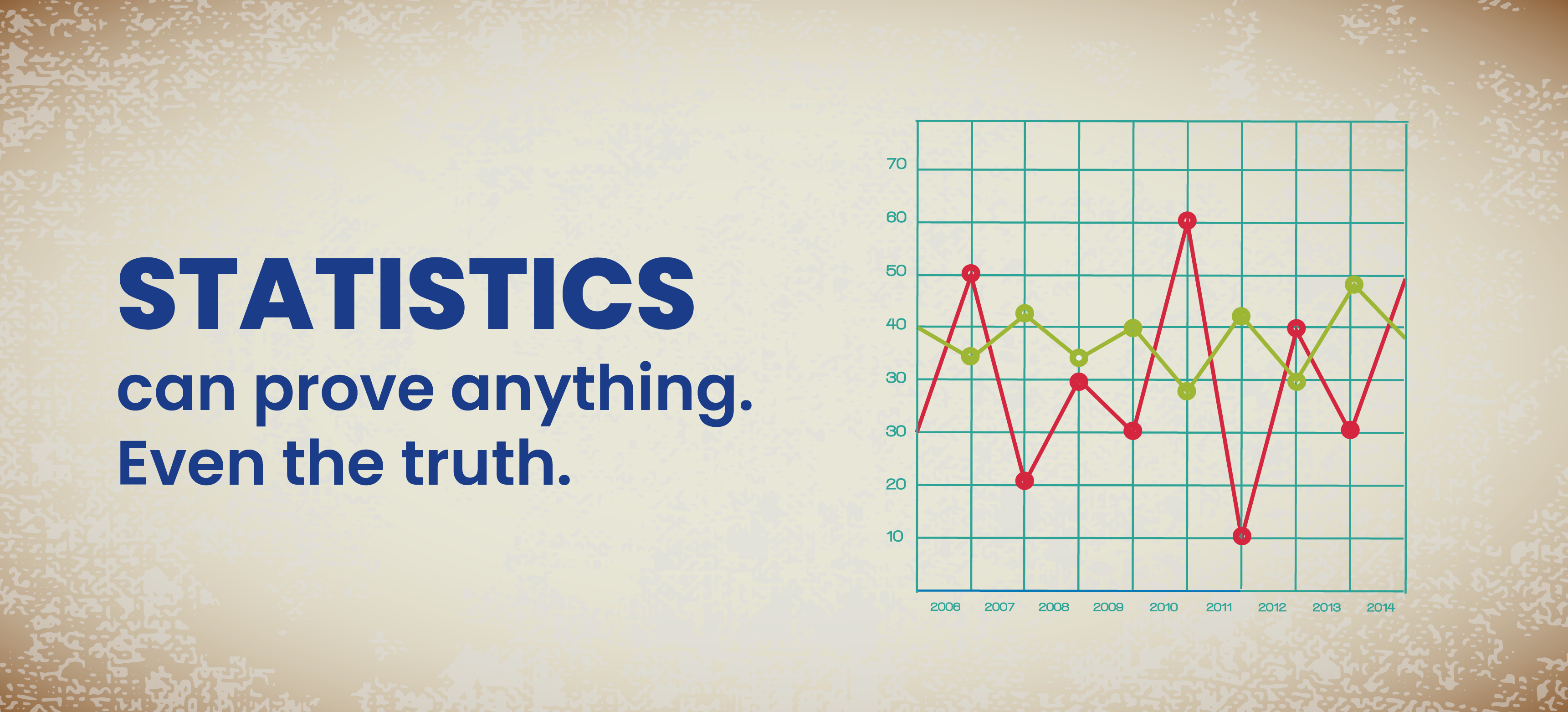
Did you know about National Statistics Day? As the name suggests, it celebrates the field of Statistics, but do you know the reason why it is observed on June 29 every year, since 2007? That’s because it is the birth anniversary of renowned statistician, Professor Prasanta Chandra Mahalanobis.
Professor Mahalanobis greatly contributed towards the development of Statistics. He is also the founder of the Indian Statistical Institute, and was a member of India’s first planning commission. To honour him and to make people aware of the significance of Statistics, we are celebrating National Statistics Day 2023.
They say, if you can’t measure it, you can’t improve it. True, isn’t it? And how do you measure something? By collecting and analysing data. This studying of data, and drawing conclusions from it, is Statistics (in very simple terms).
Also Read: Pi Day | Arjun Singh tells us how BYJU’S is making Maths fun again
While people argue over the relevance of some fields, we can all agree that Stats is an indispensable part of our daily lives. For example, if you want to dine at the best Thai food restaurant in the city, you will use Statistics. If you want to know what would be the best route to reach your destination, you will use Statistics. And if you want to know what is the most popular dessert at this restaurant, what will you use? You guessed right!
From doctors to bankers, small to large businesses, weather forecasters, Sales professionals, and stock market brokers, everyone uses Statistics to process and understand data. There’s a reason why it is such an important branch of Mathematics. It helps us track progress and make better decisions. It makes the world go around.
We spoke to Arvind, a BYJUite who is passionate about Statistics, to help us understand its importance and applications. Read on to discover why he loves the concept so much, how he employs it at work, and its uses in our daily lives.

“I started off as a Math tutor at BYJU’S. Among other subjects, I used to teach Statistics to my students. When introducing a concept to them, like Algebra or Geometry, for example, I used to explain its application to a particular aspect of life. But interestingly, when it came to Statistics, I used to tell them how they can apply it to EVERY aspect of their lives.
From the food we eat to the decisions made by the health department, success rate of vaccines, highs and lows of the share market — everything is based on Statistics. I have huge respect for the field. I don’t work with numbers, I play with them.
Currently, I lead the tutor training team. Among other things, I handle the monthly assessment of thousands of tutors. That’s a HUGE amount of data, which is useless if I am not interpreting it and converting it statistically. Data is just numbers. Statistics is when we visualise what that data can do. Hence, I analyse their scores to decipher how they are performing and identify areas of improvement.
They say, we should learn from the past, live in the present, and plan for the future. I have come to understand that if we are involved in making decisions as a part of an organisation, learning from the past is nothing but having a record of the data that we have so far, analysing it, concluding what worked well and what did not, and projecting the result into the future. That’s the potential of Statistics, right there.
Some people find Statistics dry. But once they understand its real-life implications, they will grow to love it, just like I do. Take for instance, the Covid vaccines. It is only based on Statistics that the WHO could declare the efficacy of one vaccine over another. It’s literally the difference between life and death. Doesn’t this prove conclusively how important Statistics is, in our daily lives?”
Now that we know the importance of Statistics, can we imagine a world without it? How would we analyse data? How would we draw conclusions? How would we make decisions, whether simple or life-altering? How would fields like Biology, Engineering, Genetics, Marketing, Business, Medicine, Social Sciences, and others, function?
We receive huge amounts of information every single day. Using Statistics, we can process this information, in order to make sense of it and give meaning to our lives.
How are you applying Statistics in your daily life? Tell us in the comments below.
And Happy Statistics Day!
Like what you read? Head to Life at BYJU’S to learn more about our work, people, and the stories that make us unique. To explore job opportunities, check out Careers at BYJU’S.
(This story has been put together by Storyweaver, Neha Dua)